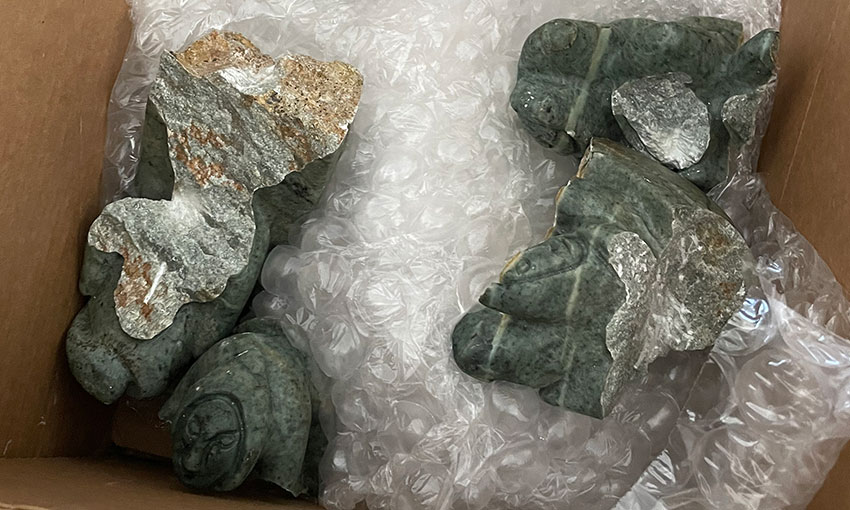OVER the years, more and more shipments are sold on an informal delivered-at-place (DAP) basis. The importer makes contact with overseas suppliers who, in turn, offer a one-stop packaged price: a door-to-door price, which in real terms is referred to by Incoterms 2020 as DAP.
The importer will be required to pay two amounts: one to the supplier for the packaged service and one to the Australian customs broker for the import GST tax component.
The customs broker contacts the importer when the goods arrive and the importer pays the impot GST so the delivery can occur.
Since the Australian Border Force watered down the requirements of Section 181 of the Customs Act 1901, some customs brokers ask for letters of authority (LOAs) from the importer and some don’t. The diligent customs brokers knows which option is preferred.
I have no issues with DAP shipments; the issue that I do have is that plenty of suppliers and a great majority of suppliers from Australia’s largest trading partner will devalue the sales invoice and provide the devalued, false invoice to the nominated customs broker in Australia who will in turn process the customs entry on the incorrect value.
If the customs broker is receiving regular work from these suppliers some may say that there is in fact a conflict of interest and it would not be in the customs brokers bests interests to rock the boat questioning whether the paperwork is correct.
The Australian importer is not aware that they as the owner (Section 4) of the goods are liable for any errors that are on the customs entry for five years (Section 240) and that they also need to be aware of penalties (Section 243U).
Some say that this is not a major issue for Australia. I beg to differ. The importer is more than likely always asked, “What value would you like to use on the invoice?” and “we can create two invoices, one for Customs and one for you to pay us”.
Some may ask, “why would the supplier create two invoices?” The answer is 1) so that the importer feels like the supplier is doing them a favour and 2) that the supplier is looking out for their best interests and 3) the supplier is hoping that the importer will place future orders. It is a complex situation.
The COVID-19 pandemic has made Australia’s citizens and residents more aware of just how much Australia imports and how reliant we are on particular countries for our goods. The collection of import GST is to provide the citizens and residents with a safety net for when pandemics do occur; it doesn’t seem very ethical to rip the government off with import GST when the government is providing a safety net in times of need.
Australian customs brokers have enormous responsibilities which need to be followed within the Customs Act 1901 and the Customs Regulation 2015; a diligent customs broker knows what to ask to verify the accuracy of the paperwork which has been submitted for clearance but there are some which need to supervised by the ABF.
It is a privilege to be an Australian customs broker; we work within one of the most highly regulated industries.
I would like to see the ABF expand their verification process on customs entries, request evidence of monies price paid and issue Section 243U penalties for false and misleading import declarations (and to also report these findings in their regular Goods Compliance Updates) but I also believe that the ABF needs to look more closely at self-assessed clearances, especially in regards to undervalued shipments (but I’ll discuss this again on another day).





